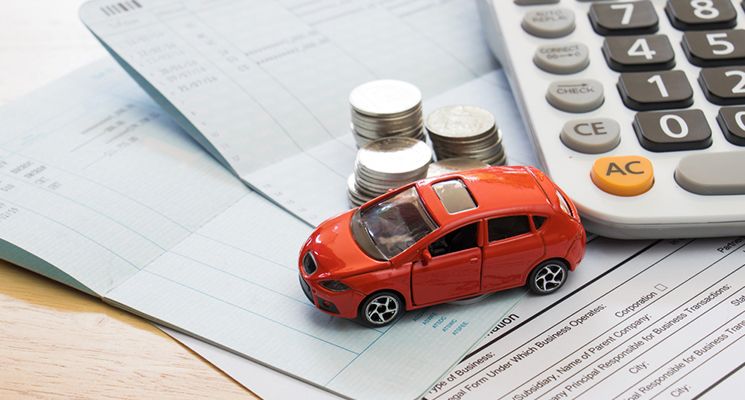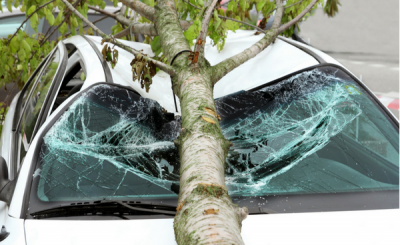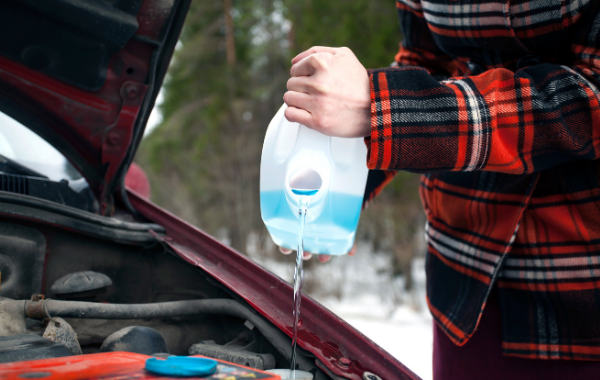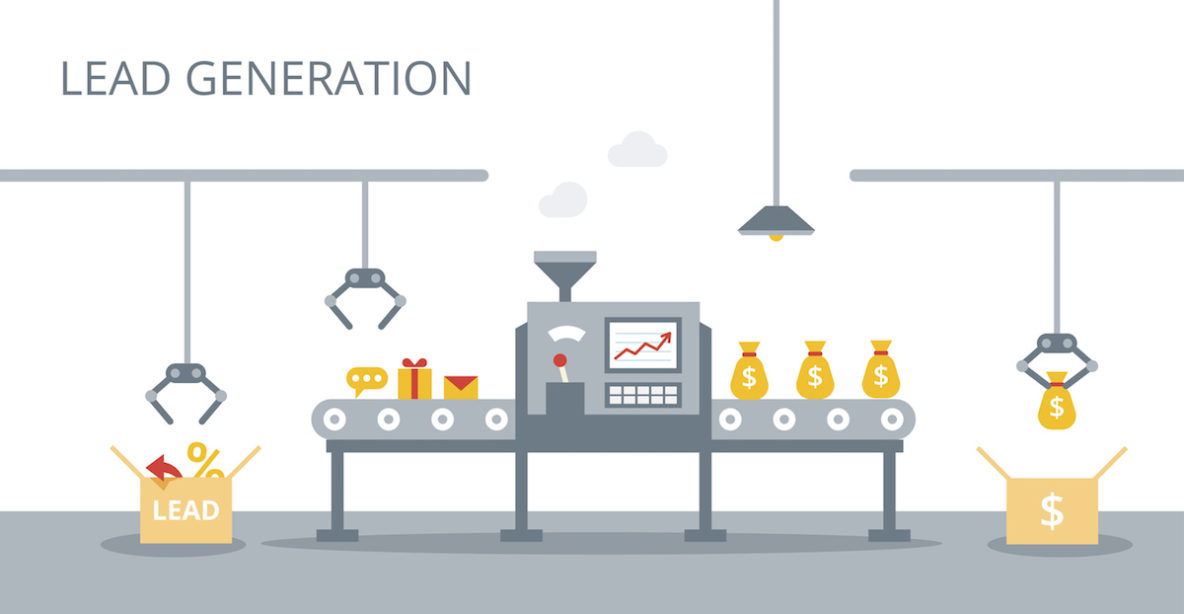Do you have the right car insurance? Well, many people think that it is a must to have the right car insurance. It will be better if you get the best one with cheap auto insurance. While most people know whether they have liability, collision or comprehensive coverage, some people pay much attention to their insurance coverage until after they have been in an accident, the others just do not really care about it.
Shopping for car insurance is an important planning topic that is often overlooked since most teenagers are added to mom and dad’s insurance policy when they first get behind the wheel and then later shop for the least expensive policy when they have to the pay the bill on their own. In this article, we will be discussing car insurance coverage and so you will get some tips to help you get the most for your money.
Cheap auto insurance has two primary benefits. The first one is protecting your assets and the second one is protecting your health. Getting the proper coverage is the first step in the process. These are the basic types of coverage with which most people are familiar:
1. Liability: This coverage pays for third-party personal injury and death-related claims, as well as any damage to another person’s property that occurs as a result of your automobile accident.
2. Collision: This coverage pays to repair your car after an accident. It is required if you have a loan against your vehicle because the car isn’t really yours – it belongs to the bank, which wants to avoid getting stuck with a wrecked car.
3. Comprehensive: This coverage pays for damage incurred as a result of theft, vandalism, fire, water, etc. If you paid cash for your car or paid off your car loan, you may not need collision or comprehensive coverage.
In addition to the coverage listed above, other optional coverage types include the following:
a. Full Tort/Limited Tort: Your insurance will be reduced by a few dollars if you give up the right to sue when you get an accident. However, giving up your rights is rarely a smart financial move.
b. Medical Payments/Personal Injury Protection: Personal injury protection pays the cost of medical bills for the policyholder and passengers. If you have good health insurance coverage, this may not be necessary.
c. Uninsured/Underinsured Motorist Coverage: This type provides for medical and property damage coverage if you are involved in an accident with an uninsured or underinsured motorist.
d. Towing: Towing coverage pays for a tow if your vehicle cannot be driven after an accident. If you are a member of an automobile service, or if your vehicle comes with roadside assistance provided by the manufacturer, this coverage is unnecessary.
e. Glass Breakage: Some companies do not cover broken glass under their collision or comprehensive policies. In general, this coverage is not worth the long-term cost.
f. Rental: This insurance option covers the cost of a rental car, but rental cars are so inexpensive that it may not be worth paying for this coverage.
g. Gap: If you demolish that $35,000 sport-utility vehicle 10 minutes after you drive it off the lot, the amount the insurance company pays is likely to leave you with no vehicle and a big bill. The same thing applies if your new set of wheels gets stolen. Gap insurance pays the difference between the blue book value of a vehicle and the amount of money still owed on the car. If you are leasing a vehicle or purchasing a vehicle with a low, or no, down payment, gap insurance is a great idea.







